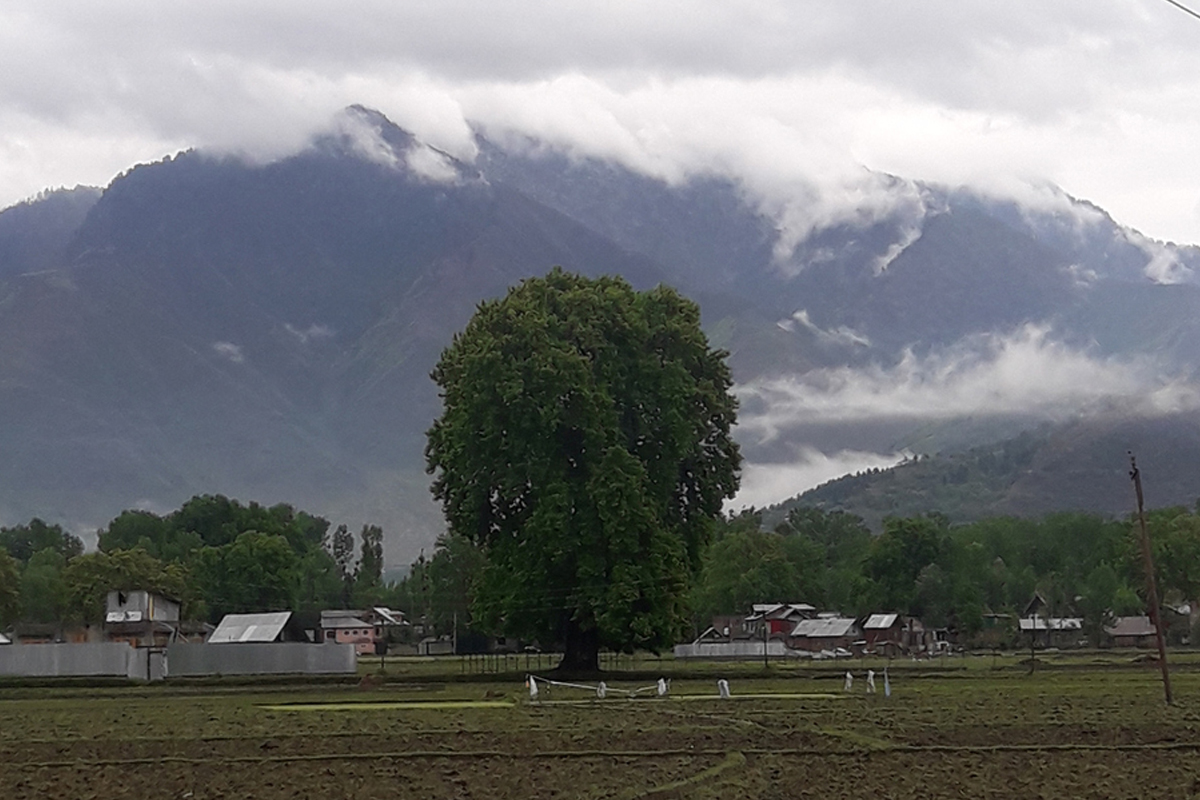In a bid to save the heritage Chinar from getting extinct, the authorities in Kashmir have ordered a total ban on nailing advertisement hoardings on trees of the species.
Jammu and Kashmir Government has been taking half-hearted measures to protect the dying Chinar whose number has nosedived due to indiscriminate axing.
The fresh ban has been ordered by the divisional commissioner as the mushrooming coaching and tuition centres, besides traders, had nailed their advertising hoardings on the trees.
Chinar has already faced destruction as large number of trees belonging to the species were axed particularly during the peak of terrorism. Srinagar’s deputy commissioner Shahid Iqbal Choudhary was the first to ban nailing of advertisements on Chinar trees in December last year. The director of Industry and commerce, Kashmir, has issued a separate order banning use of Chinar trees as advertising poles.
Chinar is considered synanimos to Kashmir where it was brought by the Mughal rulers few hundred years ago. Felling of the tree was continuing despite a ban imposed in 2009.
Chinars of 300 to 400 years old are found in certain areas of the valley. More than 300 years old thick Chinars are standing in the Shalimar and Nishat gardens that were built on the banks of the Dal Lake by the Mughal rulers.
However, large-scale destruction during the past 35 years was a worrying factor. The number of Chinars dropped to about 5000 last year from more than 40,000 in 1970s.
Mughal emperor Akbar first of all planted Chinars in the valley after annexing Kashmir in 1586, say historians. Several Chinars were axed in the recent years on the name of road widening and development. Efforts of the government to plant fresh Chinars has not been a success as the mortality rate of saplings was high and the climate in the valley has also considerably changed.










